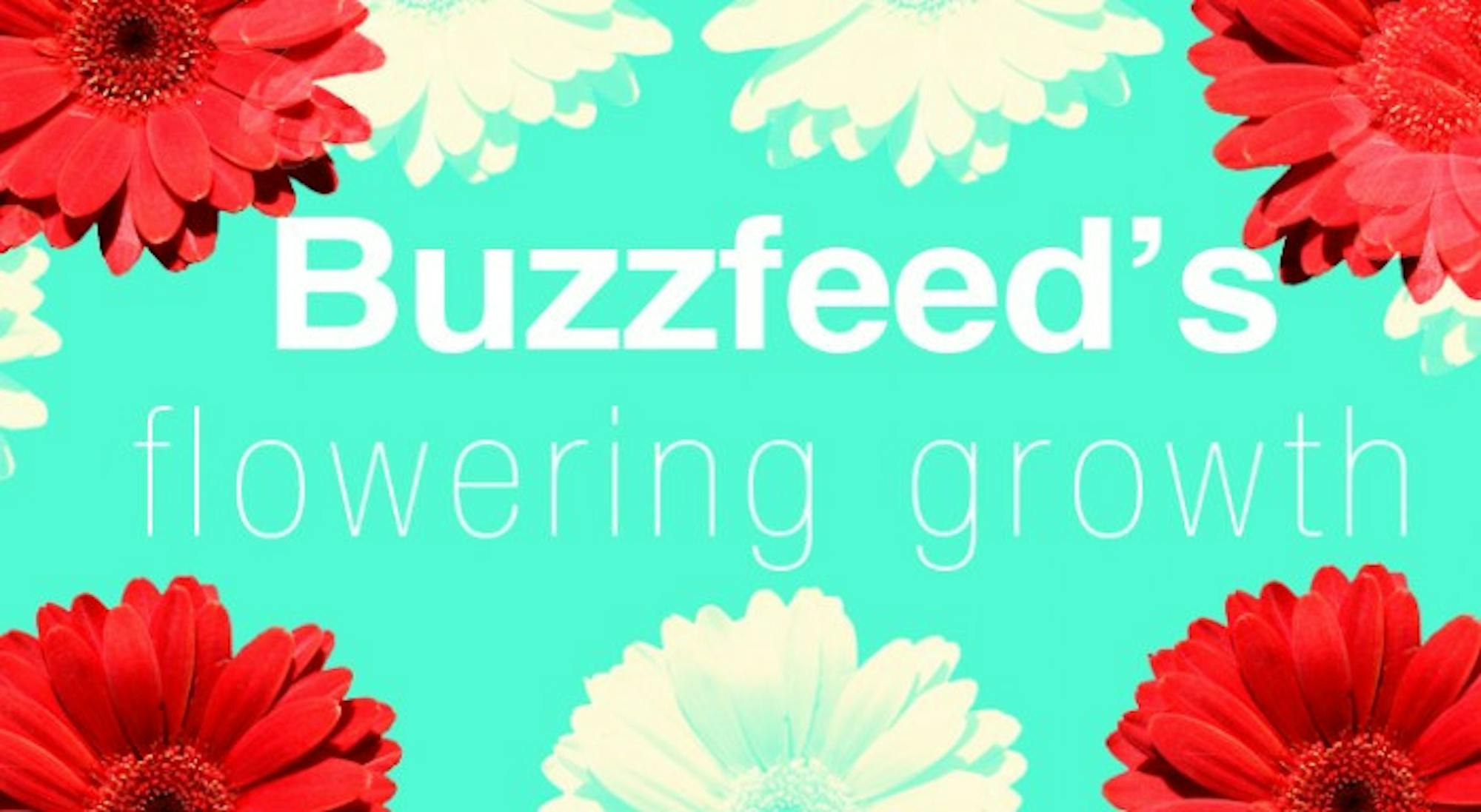
Scroll through your Facebook newsfeed or Twitter timeline and you're almost guaranteed to see a post from Buzzfeed. Chances are you've clicked a link or two (or 200) yourself. You may feel that inevitable pang of shame procrastinating on the site, but don't feel too guilty for falling into the Buzzfeed rabbit hole — it's almost impossible not to. Buzzfeed expands like a universe. In fact, it's one of the fastest growing media companies in the world.
If the word "Buzzfeed" brings to mind a plethora of "Mean Girls" GIFs, baby animal pictures or that eye-roll inducing neologism "listicle" that's meant to convey the vapidity and lack of focus millennials supposedly embody, perhaps you haven't explored Buzzfeed in the last few years. The site has evolved from viral content generator to a multi-vertical media outlet that is, in many ways, fascinating.
To look at what Buzzfeed has become, it's important to see where it started. Launched in 2006, Buzzfeed was created by Jonah Peretti as a way to explore "virility" of online content. According to a story by David Rowan for Wired, Peretti said the project began as an experiment to see what kinds of content were being passed along through social networks and email.
Peretti, along with his co-founder John Johnson, clearly did the job well. While the original "Buzzfeed Labs" project began by developing ways to simply identify what goes viral on the web, the company began to expand by sharing links and eventually generating millions of clicks (and dollars) to the site. Buzzfeed grew by centralizing what web users love, and most importantly love to share —funny memes, videos of animals, clickable headlines, easily digestible lists — all through analytics and algorithms.
As the company grew, so did its reputation. Buzzfeed has certainly seen its fair share of controversy. After Buzzfeed moved onto generating its own content, the site came under fire. The years 2013 and 2014 saw the company come under fire as it received several accusations of plagiarism and copyright infringement. Eventually, Buzzfeed deleted thousands of original posts and correct many articles in response to copyright and plagiarism accusations. Early this year, the company developed and released a set of editorial standards.
These issues with Buzzfeed are important to note in themselves, but they also reveal a turning point in the history of the company. The deletion of posts and creation of editorial standards, however controversial, show a shift in Buzzfeed’s direction. You may still think of Buzzfeed as a place to find cat videos and fun facts during finals week, but the company has made a considerable shift towards publishing serious news, longform journalism and opinion pieces. Buzzfeed has gotten more serious — and has received some seriously valid criticism because of it — but is only growing bigger as a media company.
And as a media outlet, the site has some noteworthy accomplishments. First, the company is making more effort to create diversity in the workplace than most. Shani O. Hilton, the company’s executive editor, has been outspoken about diversity in the workplace, and the company has released both diversity statistics as well as a statement about their goal of creative a more diverse work environment. The goal, according to Hilton in an interview with Nieman Lab, is to reflect that diversity to create content for a diverse audience. The site already has verticals for LGBTQ content as well as a considerable amount of focus on race and gender issues.
Hilton, along with editor-in-chief Ben Smith, is also helping to step up Buzzfeed’s reportage. The site has hired many talented young journalists and editors to cover domestic and international news and politics that are decidedly not in the form of listicles. While the integrity of the site’s more serious sections are still being debated, the quality of traditional news pieces coming out of Buzzfeed are a far cry from the meme-filled articles detractors cite when dismissing the company.
Of course, Buzzfeed still has a lot of change to undergo. Whether its explicit goals of creating viral content are at odds with serious journalism is an ongoing question as the company expands, especially since the company announced its goal to create more multiplatform content away from Buzzfeed’s webpage. But those who dismiss the company as nothing but mindless droll will have to second-guess what Buzzfeed means for media as it only grows larger and does what it does best — gets people clicking.
Buzzfeed's flowering growth
Keri O'Mara
Keri O'Mara









